What are the traditional wedding vows in Nigeria?
The wide array of traditional wedding customs and vows often reflect Nigeria’s various ethnic groups. Each ethnic group has its unique traditions, but there are common elements that bind them together, emphasizing love, commitment, and community.
This article will give an insight into traditional wedding vows in Nigeria, focusing on some of the major ethnic groups, the Yoruba, Igbo, and Hausa.
Yoruba Traditional Wedding Vows
In Yoruba culture, marriages are celebrated with elaborate ceremonies that include prayers, blessings, and symbolic rituals.
The traditional wedding vows are not spoken in the same way as in Western ceremonies. Instead, the couple participates in a series of customs that signify their commitment to each other.
One key aspect is the “Aso Oke” ceremony, where the bride and groom wear traditional attire, and the bride’s family presents a list of items (known as the “bride price”) to the groom’s family.
The couple also partakes in the “Tasting of the Elements” ritual, where they taste different elements like honey, pepper, and salt to symbolize the sweet, bitter, and challenging times they will face together.
Igbo Traditional Wedding Vows
Igbo traditional weddings, known as “Igba Nkwu,” are colorful and vibrant affairs. The vows are expressed through various customs and spoken words during the ceremony.
One significant moment is the “Idu Uno” (bringing the bride home) ceremony, where the groom’s family formally welcomes the bride. During the wine-carrying ritual, the bride carries a cup of palm wine to find her groom among the guests, symbolizing her acceptance of him as her husband.
The couple then drinks the wine together, signifying their unity and commitment. Elders from both families offer prayers and blessings, reinforcing the couple’s vows to uphold their marital responsibilities.
Hausa Traditional Wedding Vows:
Hausa traditional weddings, deeply rooted in Islamic traditions, are known for their simplicity and solemnity.
The vows are often part of the “Fatihah” ceremony, where the bride and groom recite verses from the Quran, seeking Allah’s blessings for their marriage. The “Kayan Zance” (bridewealth) is presented by the groom’s family to the bride’s family, symbolizing his commitment and ability to provide for her.
The couple may also engage in the “Kayan Lefe” ceremony, where gifts are exchanged, demonstrating mutual respect and love. The vows are further solidified through prayers and blessings from the elders and religious leaders.
Conclusion:
Traditional wedding vows in Nigeria are a beautiful blend of cultural and religious practices that emphasize love, commitment, and community. While the specific customs and rituals may vary among the Yoruba, Igbo, and Hausa ethnic groups, the underlying theme remains the same—celebrating the union of two individuals and their families. These rich traditions not only honor the couple’s commitment to each other but also their respect for their heritage and community.
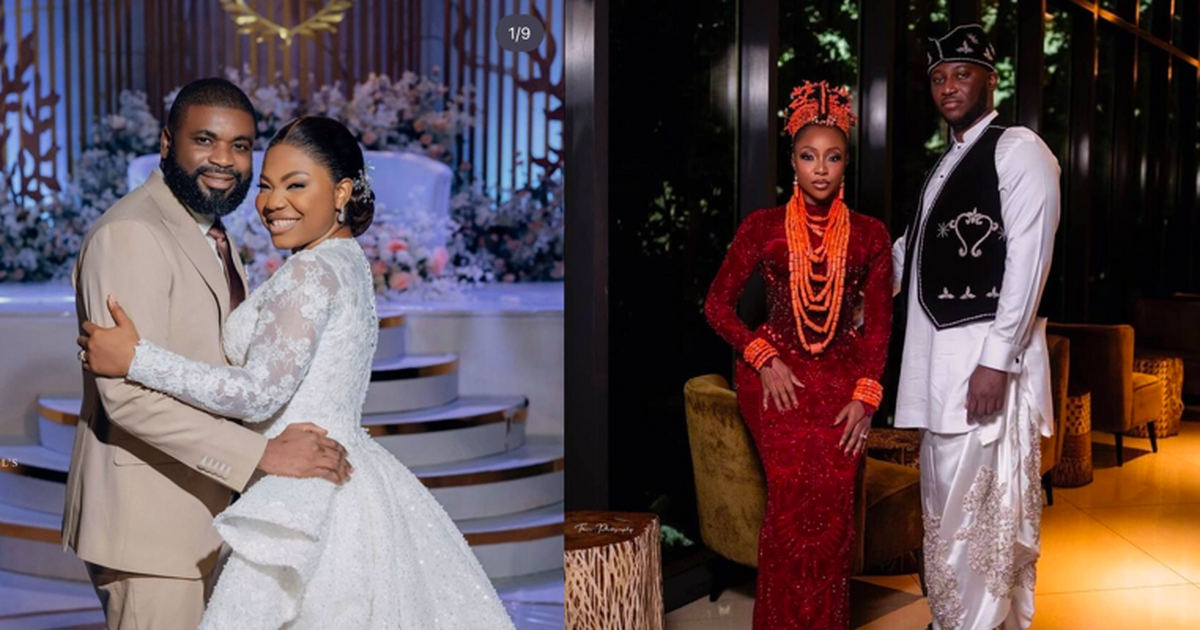
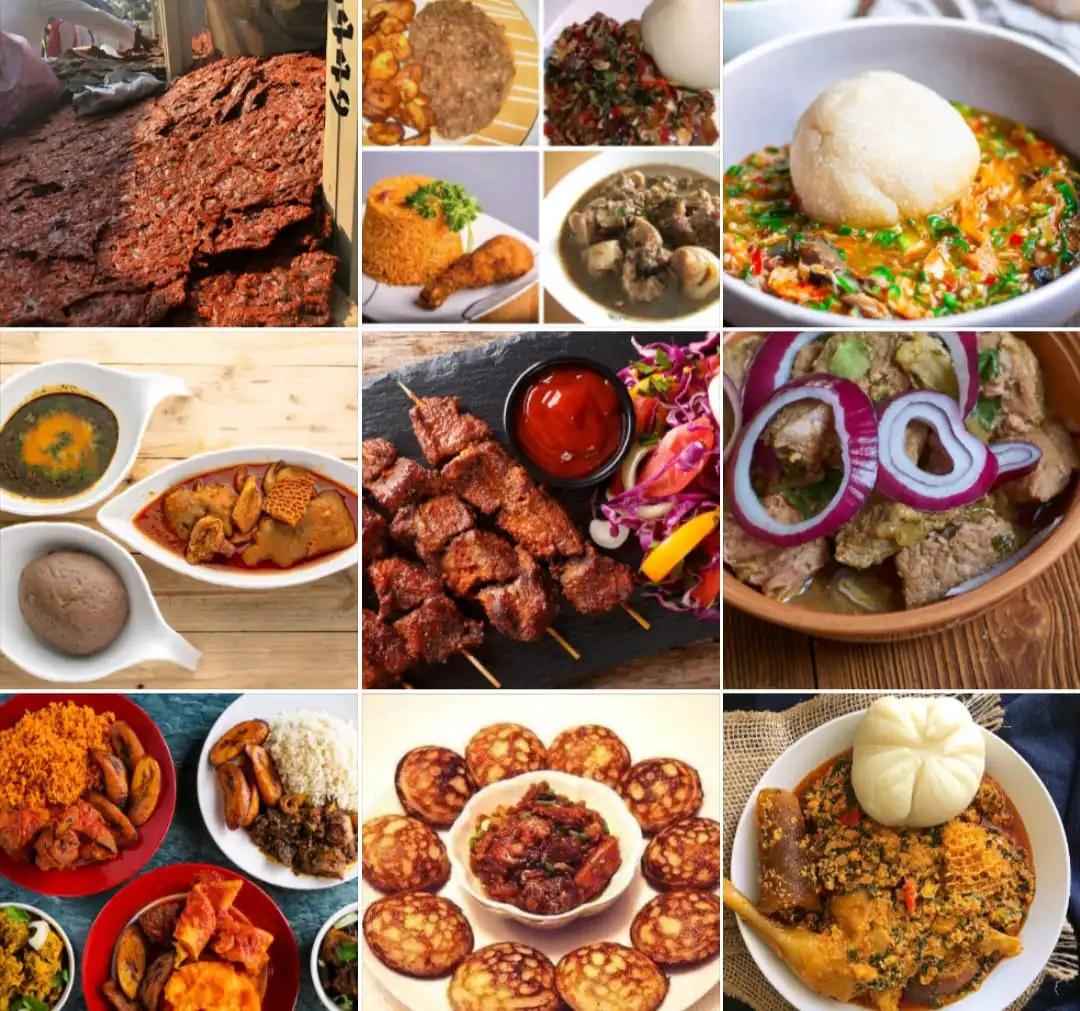
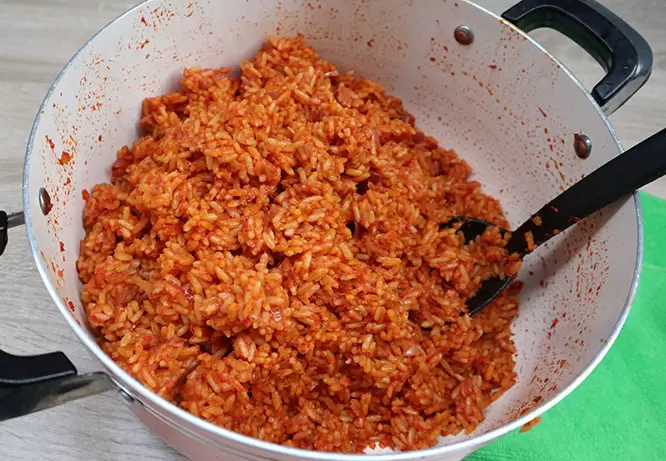

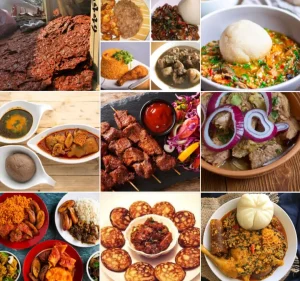
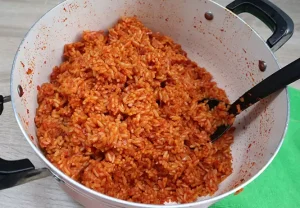
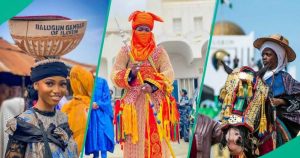




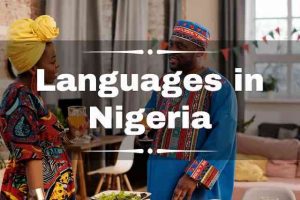
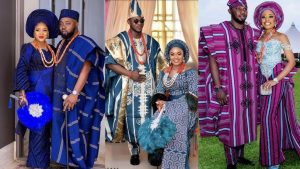
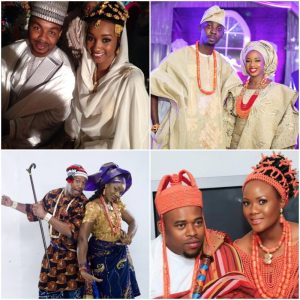
Post Comment